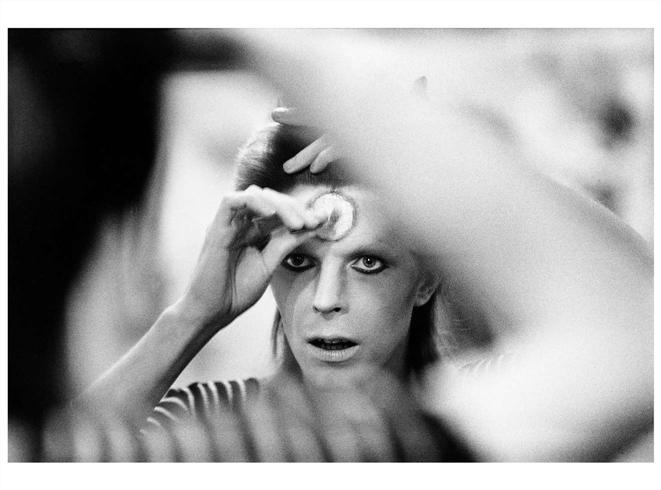January 11, 2016. To some, David Bowie’s death may not seem more than the news of the moment.
Its presence everywhere in the media as I write this today proves nothing. Anyone can go viral on our networks if they manage to go beyond the threshold of public perception: if they become attractive or loathsome enough. Nothing else is needed to get the attention of millions of bored people in a country (or more than one). This happens when a celebrity dies, too. Almost every day one does, somewhere, and the death needs to compete against any other infotainment that comes our way.
A few days before Bowie, it was Pierre Boulez—the great composer and conductor whose influence on classical music could be comparable to that of Bowie on its own milieu—and no one cared, aside from a few connoisseurs of classical music. Here in Mexico, the release of Blackstar, Bowie’s last album, was forced to compete for the local audience’s attention with the news surrounding the capture of drug kingpin Joaquín “El Chapo” Guzmán and the secret interview that actor Sean Penn did with him. (That piece was published last weekend on the Rolling Stone website.)
Nor is there proof in either the tone or the abundance of the obituaries published online, whether they range from mere admiration to an almost religious fervor. Our time suggests greatness can be found—or created—literally anywhere, because it depends on the subjective perception of the observer, which can be influenced beyond their control in many ways. If this is true, it could also be said that anything can become an object of adoration: anything can soothe the feelings of frustration and insignificance that move us to look beyond ourselves for a justification of our own existence. Perhaps, then, Bowie is not all that important: maybe his gifts and his accomplishments are exaggerated by those of us who look at them with affection and have made them “a part of our own lives”; others have done the same with One Direction, after all, or with Justin Bieber… READ MORE…


